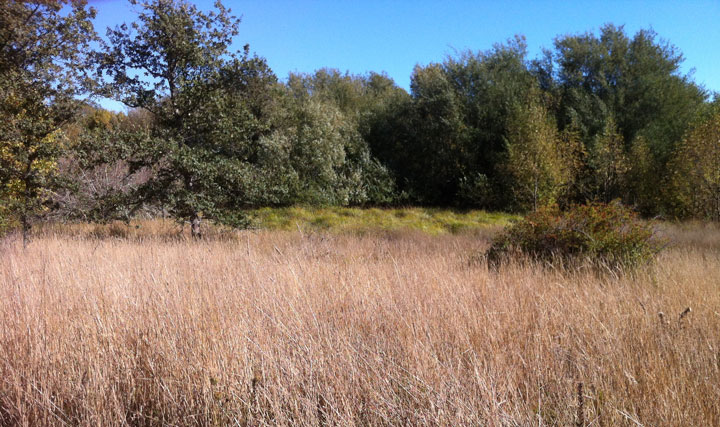1) How long before we push nature too far?
This is THE question of our time. Even though it’s not possible for us to know the answer, it is critical to ask the question. Here’s an insightful way to re-formulate this question from a mathematical perspective: “Is climate change (and worldwide pollution) a function of exponential mathematics?”
There is near certainty our climate situation can be described mathematically with an exponential growth curve. Exponential (or compound) math is a process that describes the effect of a constant rise in inputs over time suddenly turning a sharp corner and going in a dramatically new direction, in our case a disastrous one.
The scary part is that the processes described above are based on simple, non-theoretical mathematics. Abrupt Climate Change is the code phrase for this result, and you’ll see this in the media more over time. For more information see my blog on The Dire Mathematics of Climate Change.
2) What does it mean to live in a culture that disrespects nature?
Some people don’t understand this question, I think I know why: A fish that has lived its life in polluted water would not know to ask about, or even imagine, a life in clean water. Human beings have imagination and can ask important questions; however, our society is like the fish described above, a culture whose polluted environment seems normal.
As I write this I feel dissonance rise up in my body: how can it be “normal” for us to lay waste to the very biological systems that keep us alive? It doesn’t make sense for us to disrupt food chains and climate on a global scale, but this is exactly what we are doing. The consequences to humans as a species are one thing, the immorality of destroying life on a global scale is the subject of another blog.
Those of us in the environmental field have been trying to create new social norms for a long time. We’ve been trying to turn our culture toward sustainability, but greed and ignorance are powerful foes. First, we created eco-education to give people a defined target, but this was not enough. The behavior change tools of social psychology help change what people do, not just what they think.
This too falls short of the mark.
The steps above are vital, they need to be in place. Our next steps as eco-leaders are within ourselves. We need to cultivate an ability to connect with nature deep inside our own body, mind and spirit. This will connect us with the type of life energy we need for an entirely new attitude toward our environment. This new step prompts our final question.
3) How important is it for us to connect with our inner nature?
Take a moment right now to look inside yourself. Do your thoughts and feelings emanate from societal instruction or your own deep nature? How can you tell the difference? For most of us it’s hard to draw these lines because we’ve been raised in a culture that undervalues nature and natural impulses. We’ve been taught to overvalue consumerism, which is at the heart of what some call “the good life.”
There is no way to sugar coat the fact that as a species human beings have become a cancer to the living systems on this planet. Many of our dominant motivational patterns are directed by parts of us that are not connected with our true nature.
Getting in touch with our unique nature and life energy will help us contend with the big environmental issues of our day: overpopulation, sunk costs into non-eco-friendly technologies, and climate change are but a few.
Here are just a few examples of how we’ve been trained away from our inner nature:
• Break the child’s spirit to gain obedience
This was the thinking in German schools when Adolph Hitler was growing up. Other parts of the world have their own take on this sort of abuse. It’s incredulous—even horse trainers know how to apply discipline without breaking an animal’s spirit.
• Let the baby cry itself out
This is an old wives tale that works on one level (babies will cry themselves out), but has the potential to cause serious long-term developmental problems. Neglect is one of the worst forms of abuse to which a child can be exposed.
• Man has dominion over creation
The so-called “dominion mandate” from Genesis presents a worldview we’ve taken to heart. This perspective is at odds with the words of Chief Seattle “The earth does not belong to man, man belongs to the earth.” One of these viewpoints is cancerous.
Conclusion
Changing our world on the outside will affect us on the inside, and the opposite is also true: connecting with our inner nature and resources can help us change our attitudes and behaviors to become more sustainable. Understanding this parallel is crucial to adopting an entirely new set of societal norms.
In order to connect with our inner nature we need to honor it. Just like elite athletes must find their own rhythm, allowing time for important ideas to “sink-in” is a must.
Take a moment and look at how your heart and body respond to what you have just read. What emotions are present? This must not be forced. Instead, foster a sense of “allowing” for the time it takes for you to feel a deeper and richer understanding.
The latest neuroscience can help. If you are an eco-leader check out Agency for Earth’s next seminar or webinar to help you become a better eco-leader.
